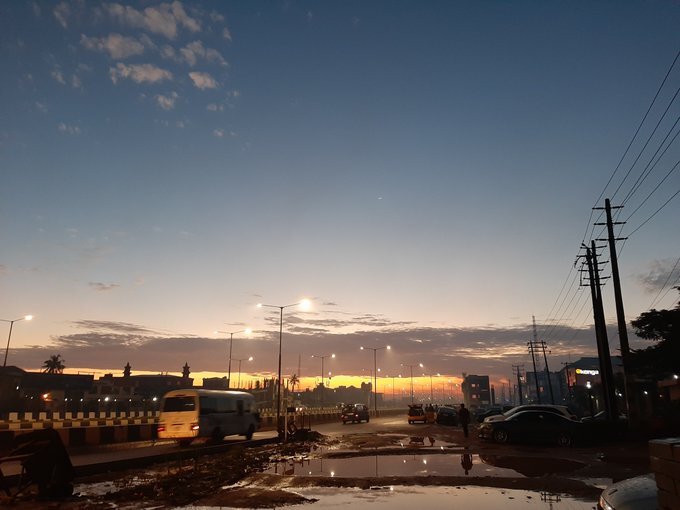Days before a lockdown across three Nigerian cities, movement and economic activity in Lagos had slowed but mobility sector players like Uber and Bolt were considered the safest means of moving around, if one absolutely had to.
But now, a lockdown is in place across three Nigerian states: Lagos, Abuja and Ogun. It is not difficult to draw a straight line between a restriction of movement and the mobility sector. While food stores and pharmacies are tagged essential services, mobility is not.
The effects of the lockdown are already starting to show across Nigeria with Uber announcing this week that it has suspended all its operations in Nigeria until the end of the lockdown.
Where do ride-hailing companies stand?
Uber said in a statement: “As announced by President Muhammadu Buhari on March 29, 2020, there will be a restriction of all movement within Lagos and Abuja during the 14-day lockdown which begins at 11 pm on Monday, 30th March.
“Based on this directive, Uber will temporarily cease operations for the period of the lockdown,subject to any further government announcements. Our hearts go out to everyone affected by COVID-19 in Nigeria,”
Another ride-hailing company, Bolt, remains functional. On Wednesday, April 1, I found a rider six minutes from me, although with surge pricing.
Before the lockdown, a few observers argued for cab hailing companies. Unlike mass transit such as the danfo in Lagos and Ibadan’s Nissan Micra, taxi cabs limit your exposure to people.
In fact, before the lockdown, Uber and Bolt announced increased safety procedures, asking passengers to use the back seat to ensure social distancing.
A few passengers spoke about drivers offering them hand sanitisers and cars smelling like disinfectant.
Even with these measures, some other observers argued that bike-hailing services are great for social distancing at this time.
For motorcycle-hailing startups in Ibadan, it is business unusual
While motorcycle-hailing startups have been banned from Lagos, Ibadan, a city in Oyo state is their next big market. ORide, Safeboda and MAX are all operational in Ibadan, a city which is not affected by the ban.
Oyo state has 8 confirmed cases of coronavirus and the government announced a dusk to dawn (7pm-6AM) curfew on March 29.
But, Lamide, an engineer who lives and works in Ibadan says little has changed about the nature of public transportation.
“People still cram themselves into Micras and okadas take more than one passenger.”
On April 2, Lamide saw a Nissan Micra with the usual 7 passengers. Many motorcycle operators also pick up two passengers.
Only the motorcycle-hailing startups in Ibadan are following the government’s directive for motorcycle operators to pick up only one passenger at a time.
The head of Marketing and Customer acquisition for Safeboda Nigeria, Olumide Akinsola, told me that while they remain operational, they’re taking necessary precautions.
“We have given out sanitizers and facemasks to our riders and offer these sanitisers to passengers before they board”
Beyond these, they’re also putting a hold on marketing efforts, presumably because the curfew in Oyo state will translate to fewer ride requests.
Akinsola told me: “The government hasn’t banned bikes, they have only mandated one person per ride which is what we already do, but we have paused our marketing efforts”
While a source close to the situation told me that Safeboda enjoyed their best numbers last week, Akinsola did not respond to comments on their user numbers.
At the time of this report, ORide and MAX are still operational in Ibadan.
Mobility players will hope for a quick return to normalcy
In the end, even though bike-hailing in Ibadan has found a way to stay operational despite a curfew, all the players in the mobility sector will want a quick return to normalcy.
But in the interim, they’ll have to deal with weak demand and dwindling revenues as Nigeria tries to prevent a large scale outbreak of the coronavirus.




















